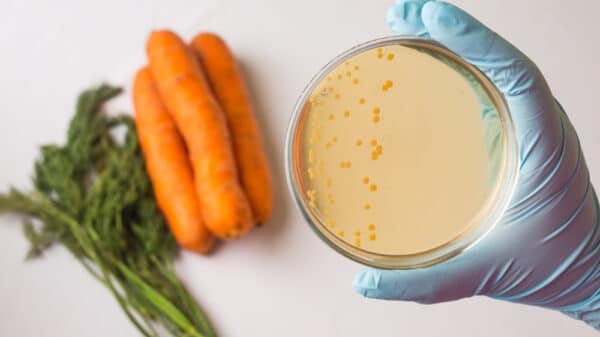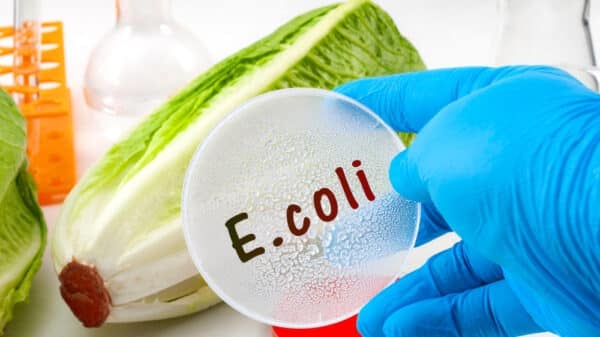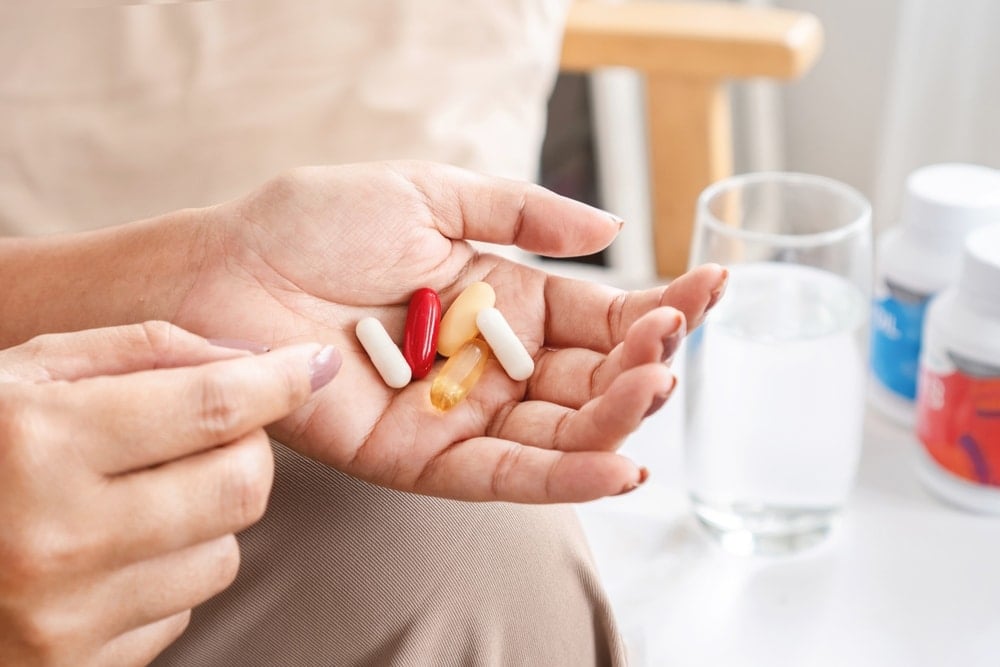In recent years, the conversation around vitamins, especially concerning their role in boosting immunity, has taken center stage, especially as uncertainty about health lingers in our lives. It’s estimated that over 129 million adults in the U.S. don’t shy away from including vitamins in their daily routines. This trend stems from a genuine desire to stay healthy, especially when grocery bills spike and we’re all looking for ways to maximize the nutrients we can get from what we spend.
It makes perfect sense. With reports emerging about rising measles outbreaks—one of the most contagious viruses you can encounter—the urgency around maintaining a robust immune system is palpable. The CDC recently noted cases in 18 states, prompting increased discussions about immunity and preventive health measures.
But amid this push for wellness, not everything is straightforward. Dr. Paricia Varacallo, a seasoned family physician, reminds us that more isn’t always better when it comes to vitamins. It’s easy to think that if a little is good, then a lot must be great; however, reality paints a very different picture.
With the plethora of vitamins available—some of which may be either somewhat harmful or even toxic if taken in excessive amounts—it’s crucial to understand the potential risks involved. Reports from 2021 show that over 50,000 calls were made to U.S. poison control centers regarding vitamin toxicity. Just take vitamin D, for example: too much can lead to adverse health effects, emphasizing the importance of moderation and informed choices.
Let’s break this down in a very human way. Have you ever found yourself scrolling through group chats or social media forums discussing which vitamins to take, perhaps even contemplating what your kids should be using? Many parents often share their go-to supplements, creating a sense of safety in numbers. However, it’s vital to remind ourselves that not all information shared in online communities is grounded in solid science.
Overdosing on vitamins can lead to real issues like nausea, diarrhea, and even more serious health problems—think chronic organ damage or, in rare cases, fatalities. That’s quite an alarming thought, especially when we know we can harm ourselves while trying to do good. Vitamins A and C are often mentioned online, with many parents using them frequently, perhaps with a “better safe than sorry” mentality, but it’s essential to tread carefully here.
One thing to keep in mind is that you’re unlikely to overdose on water-soluble vitamins such as B-12. Your body has a way of naturally managing them—it simply absorbs what it needs and flushes out the rest, often reflecting in your bright yellow urine after taking B-12. While this is generally harmless, it can serve as a friendly reminder from your body that you might not need those extra vitamins.
When it comes down to it, you’re at a greater risk of overdosing on fat-soluble vitamins due to the way they are stored in your body. Water-soluble vitamins, however, are not entirely off the hook, especially if you take them in massive amounts.
So, what should you look out for if you think you might have taken too many vitamins? Symptoms can range from frequent urination and eye sensitivity to fatigue and confusion. If some of these happen to you, it’s worth taking them seriously. Chronic vitamin overdosing can lead to significant weight changes, hair loss, or dry skin—extra signs that it’s time for a reassessment of your intake.
Should you suspect a vitamin overdose, the best course of action is to reach out for help right away. Connect with medical professionals or a poison control hotline to get the guidance you need. When symptoms escalate, such as confusion or difficulty breathing, don’t hesitate; seek emergency care to safeguard your health.
At the end of the day, think of vitamins as you would any other form of medication. Never take or give vitamins to others—children or elderly family members—without a healthcare provider’s input. Always stick to the recommended dosages. As we navigate health discussions and strive for well-being, remember, sometimes less truly is more—especially when it comes to vitamins.
Stay informed, stay safe, and remember: when it comes to health, seeking out credible resources and professional advice is the safest path. If you want to stay updated on wellness tips, consider signing up for newsletters or following health-focused platforms. Your health journey is personal, and informed choices pave the way for a better future.
Image Source: Doucefleur / Shutterstock
































